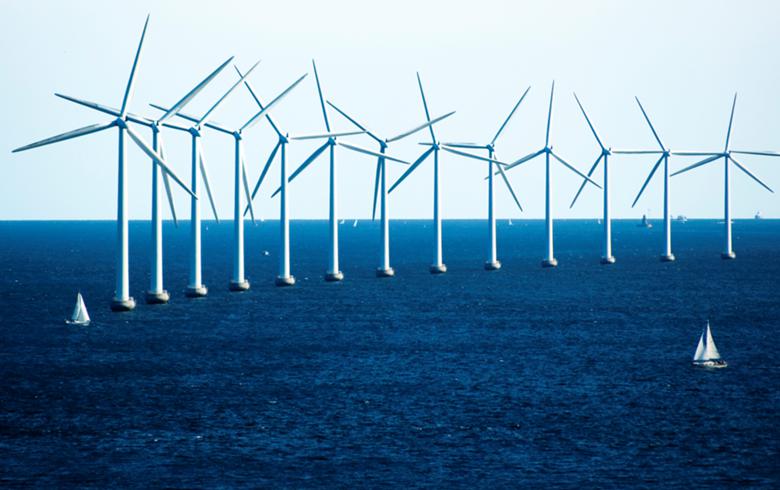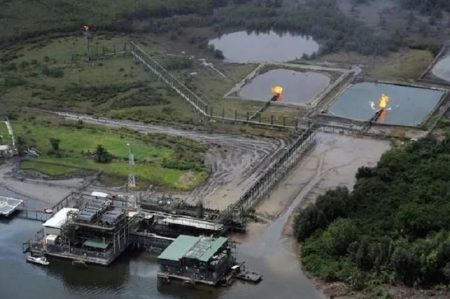
12 September 2013, Lagos – The Director General of the Bureau of Public Enterprises, BPE, Mr. Benjamin Dikki, has said that PHCN successor companies would be handed over to their new owners as from October 1, 2013.
Dikki, who made this known at a breakfast meeting of the Lagos Business School in Lagos yesterday said with the power sector in private hands Nigeria would benefit from increased power supply, adding that it would also boost in agricultural and industrial development among other positive developments.
He said that in order to boost power supply in the country, strong incentives and support from the Federal Government is needed to encourage the private sector investments in gas.
He said the bulk of electricity generated in the country was through gas-fired plants, saying at present that the country does not have the capacity to supply enough gas to support the envisaged increased capacity, particularly now that the private sector is about to take over power generation and distribution in the country.
Dikki who was represented at the by the Acting Director, Electric Power, Mr. Ibrahim Babagana, said Nigeria was blessed with the largest reserves of natural gas in the world, noting however that necessary investments were needed to be made to access the gas to produce power.
While appealing for understanding among Nigerians as the power sector reform would not bring about immediate changes, he said investments in the sector would take time to achieve results and that construction of new generation capacity would take two to five years to achieve most of the results envisaged.
He lamented there was paucity of skilled manpower in the sector and inheritance of an aged and unmotivated work force, explaining a clear strategy would be formulated by the new owners to manage the movement from state-run to privately managed entities.
Dikki recalled that in 1999, the Nigerian electricity power sector had reached the lowest point in the history of the country as only 19 out of the 79 generation units in the country were operational, while average daily generation was a mere 1,750 megawatts.
According to him, “no new electric power infrastructure was built between 1990-1999, the newest plant was completed in 1990 and the last transmission line built in 1987, an estimated 90 million people were without access to grid electricity and accurate and reliable estimates of industry losses were unavailable”.
– National Mirror



